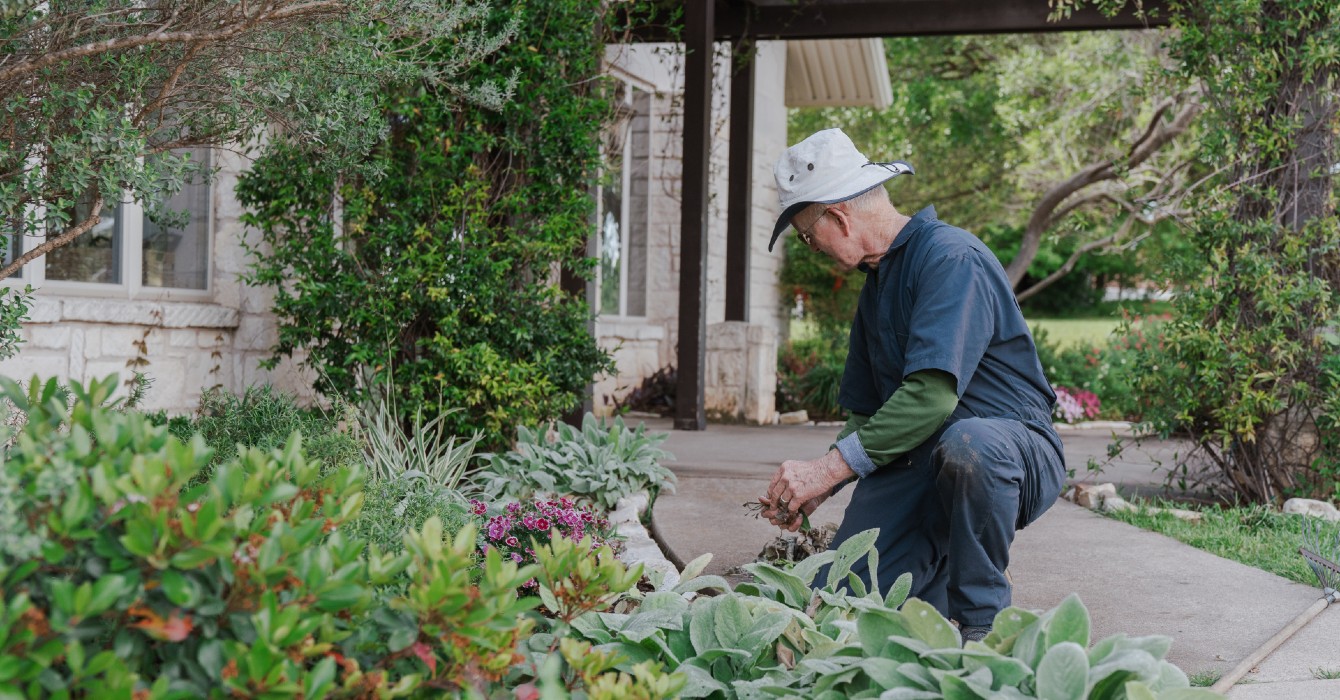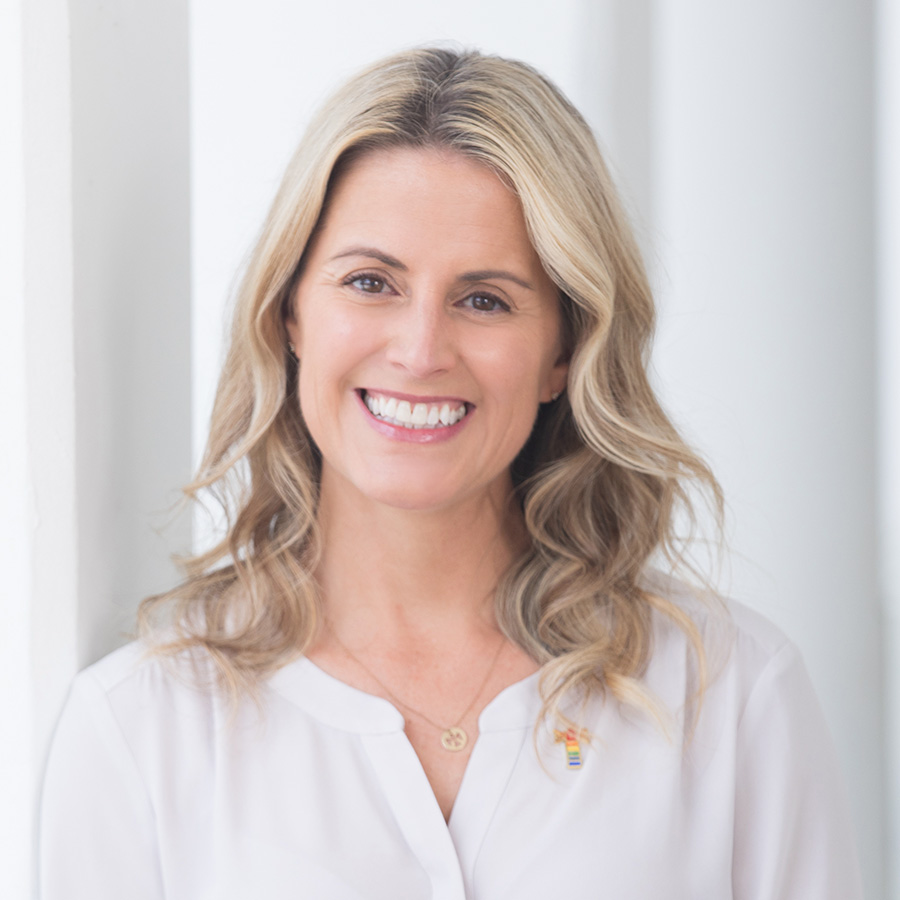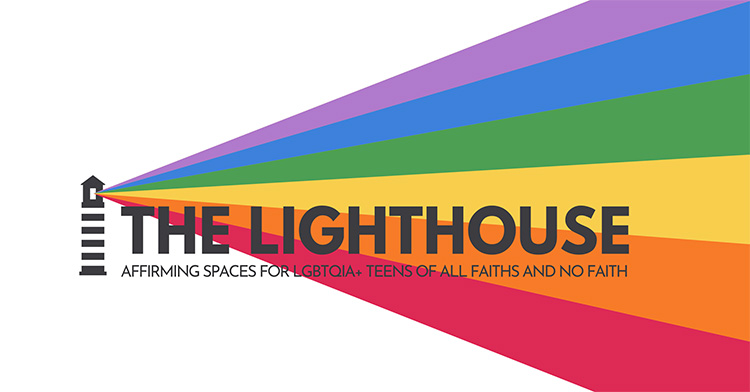With a new baby at home, I had been avoiding reading a recent article in the The Atlantic, “How to Land Your Kid in Therapy.” I figured my list of self-perceived inadequacies was long enough, and I couldn’t see adding to it. But in a moment of Facebook induced procrastination, I clicked the post of another guilt-ridden parent raving about the article. What I found was fascinating. Not only did I feel slightly better about my parenting skills, but the article is all about young adults!
The author is a psychotherapist who begins by telling the story of one twenty-something patient, Lizzie, who admitted that she was “just not happy.” Lizzie reported having had “everything…awesome parents, two fabulous siblings, supportive friends, an excellent education, a cool job, good health and a nice apartment.” The author went on to note that “she had no family history of anxiety or depression. So why did she have trouble sleeping at night? Why was she so indecisive, afraid of making a mistake, unable to trust her instincts and stick to her choices?...Why did she feel ‘like there’s this hole inside’ her?”
As it turns out, Lizzie was only one of many. These well-parented twenty-somethings and early thirty-somethings who’d grown up with “everything” just weren’t happy. The author was stumped. How could all of these young adults who’d had all the “right” childhood experiences and support be so depressed? In the end she tied these young adults’ seeming narcissism, inability to make decisions and fear of failure to overindulgent parenting and well-meaning institutional over-protectiveness.
Now, I’m no psychotherapist, so I would defer to her on those points. They sound reasonable enough to me. But I am a pastor and what I see missing from the laundry list of “everything” in all these stories is any kind of spiritual or religious component. From reading this article, it appears as if none of these young adults had been introduced to any kind of faith community or relationship with God. It’s as if they had “everything” but God.
It would be easy to lambast parents for neglecting their children’s faith at this point, but I know how hard parents struggle with the question of faith for their children. They want to do it right. Which faith? How much? How little? Should my daughter choose? How can I force my son into faith when I never came to terms with my own? Without relationships with the people making these decisions, these are decisions over which we have limited influence.
But as the church we do have an opportunity to introduce God to people in our own congregations and communities. In “After the Baby Boomers,” Robert Wuthnow notes that society accompanies young adults in some form until age 21 and then basically abandons them at a time when they are making some of the most important choices in their lives: choices about career, dating, and marriage, just to name a few. Our communities of faith have the opportunity to take the wisdom of both our faith as well as the collective experience of the faithful to connect with young adults who could use it now.
If you are a part of a faith community that’s not doing this, it’s a great place to start. If you think you are doing this, but it doesn’t seem to be working, then it’s time to re-think how you are doing it. Either way, congregations would be well-served to spend their time asking these questions, finding some answers and then testing them out. There are lots of people out there who want to help congregations do this.
It will take time and will be different for each congregation depending on its location and community. But it would be a true ministry to the twenty-somethings out there who are at a crossroads in life, finding their way in many things. It would be a gift if their spirituality could be one of them.














